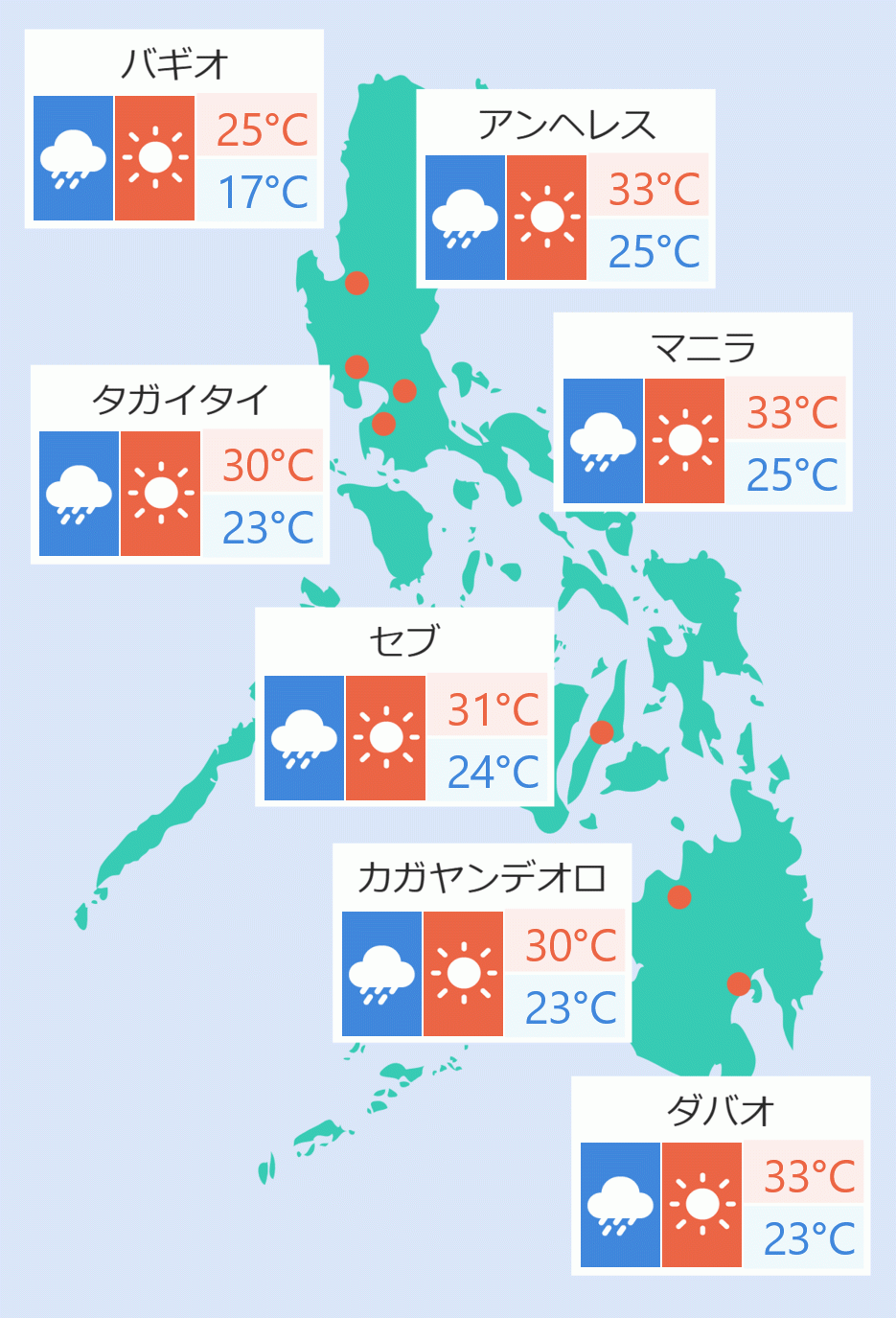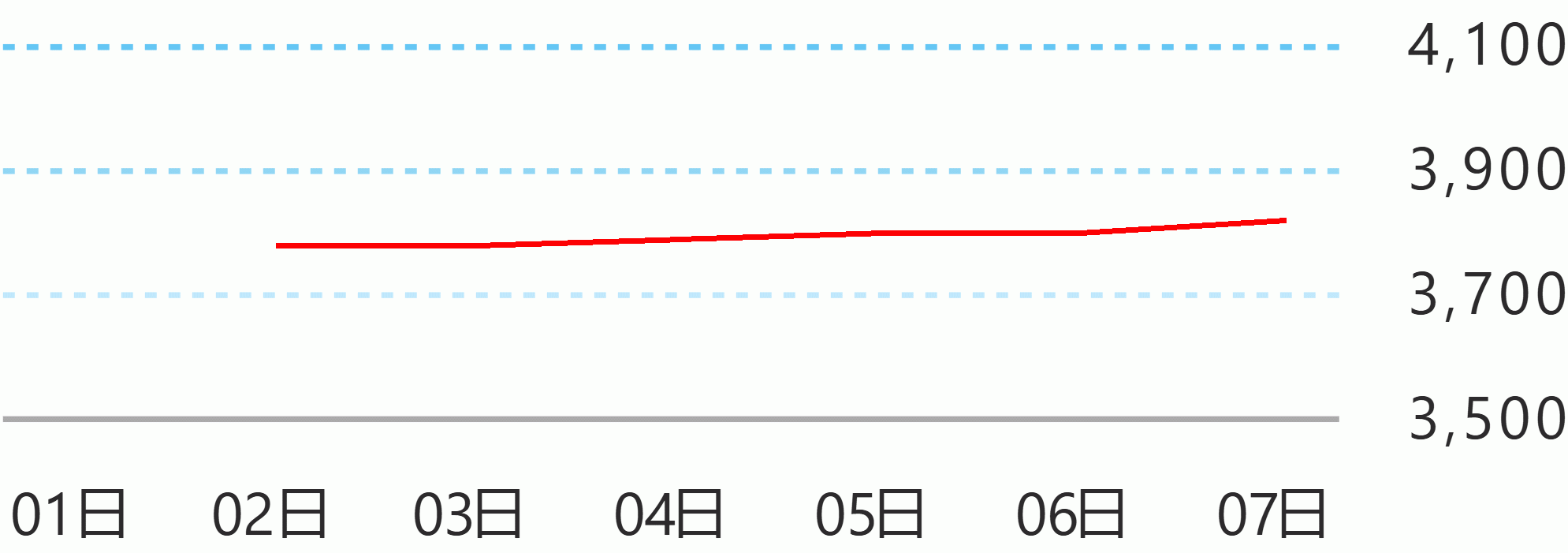The Inter-Agency Task Force for the Management of Emerging Infectious Diseases expressed optimism on Monday that the government could meet its target of 10,000 tests of possible coronavirus disease per day soon as the number of testing laboratories nationwide increases.
In a virtual press briefing, Nograles said there are already 15 testing centers in the country.
He said the Department of Health has been coordinating with the Department of Science and Technology in borrowing more machines while the University of the Philippines has come up with the scientists-in-training who will work in these laboratories.
"Aside from the 15 testing centers that are now operational, there are additional 28 institutions undergoing the DOH laboratory certification process, while 37 more have expressed their intention to be certified as testing centers," Nograles said.
"Because of these developments, the DOH says that we are now in a better position to reach our target of 2,000 tests per day, then eventually 8,000 to 10,000 tests per day," he added.
As of Sunday, he noted that a total of 33,814 individuals have been tested for COVID-19.
"As the government ramps up testing and more cases are identified, the next concern is ensuring that there are an adequate number of quarantine facilities and beds all around the country," the official said.
In a virtual press briefing on Sunday night, Chief Implementer of the Government's National Policy Against the Coronavirus Disease 2019 and Presidential Peace Adviser Carlito Galvez Jr. said that the government has 2,673 quarantine facilities for suspected and probable COVID-19 cases nationwide.
These facilities have a total bed capacity of 165,756, he said, noting that there were 645 probable and 900 suspected cases being handled in these quarantine sites.
The DOH has changed the classification of COVID-19 patients. Instead of using person under monitoring or person under investigation, the terminologies are now suspect, probable and confirmed.
The move, according to the DOH, is to ensure uniformed reporting in order to have focused steps in addressing COVID-19.
Galvez earlier said that starting April 14, "mass testing" for COVID-19 would start.
But Nograles clarified that mass testing does not mean the entire Filipino people could undergo COVID-19 test.
He explained that those who would be prioritized in the test would be hospitalized patients with severe ailments, elderly, pregnant and those with pre-existing conditions.
Also to be prioritized are healthcare workers who are exposed to the virus and those categorized as positive, probable and suspected cases.
Galvez said as of April 10, the government has distributed more than 66,000 personnel protective equipment in public and private hospitals in the country to protect the medical frontliners.
At the same time, Nograles thanked the thousands of other frontliners, apart from the health care workers.
In Luzon, he said there are 4,389 quarantine control points manned by 59,454 personnel from the Armed Forces of the Philippines, Philippine National Police, the Bureau of Fire Protection, and the Philippine Coast Guard.
In the over 20,000 barangays in the country, he said there are likely 200,000 officials, barangay health workers and volunteers who have been helping the national government in this time of health emergency.
President Rodrigo Duterte has declared a Luzon-wide lockdown from March 17 up to April 30 to prevent the spread of the virus. Celerina Monte/DMS





 English
English









